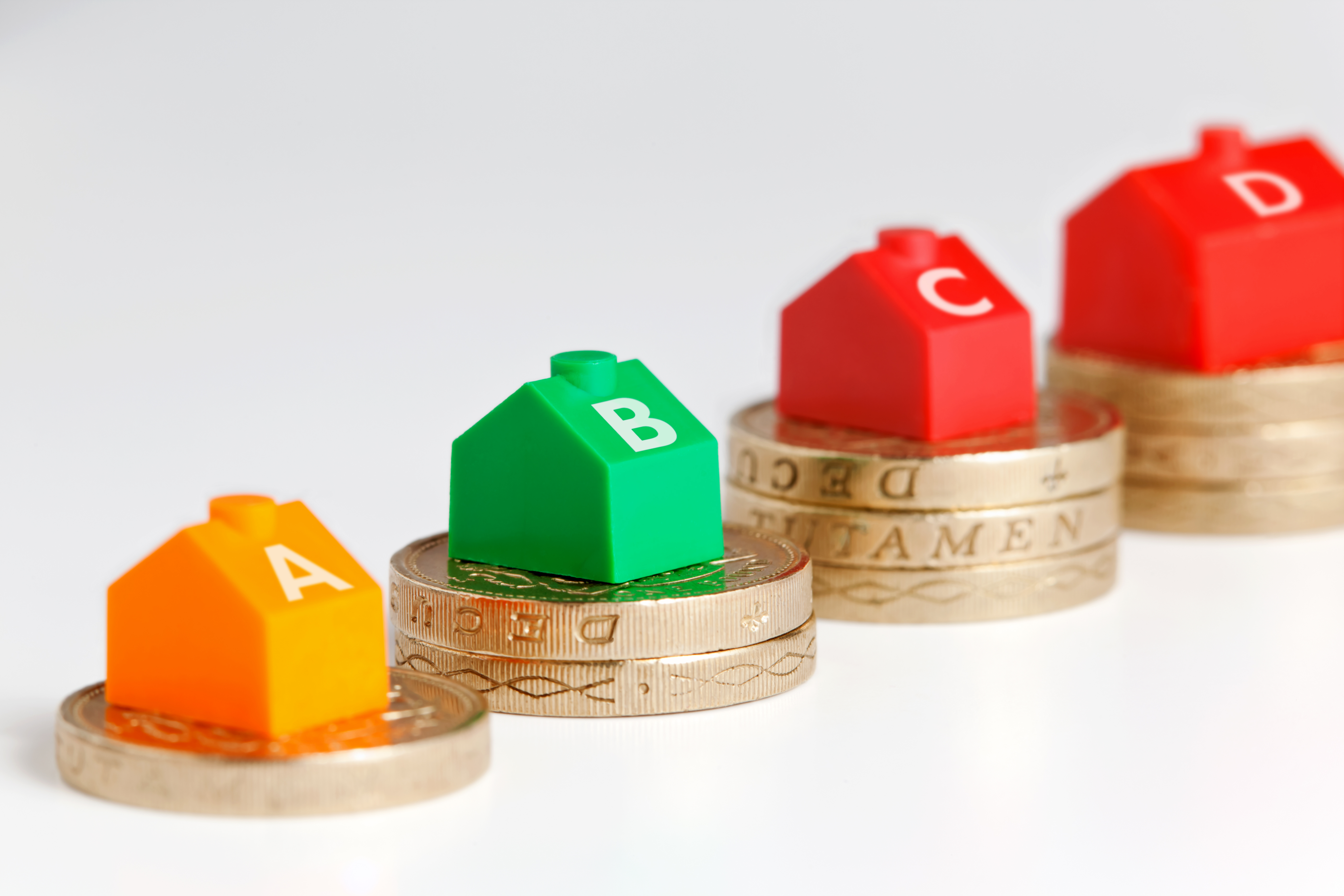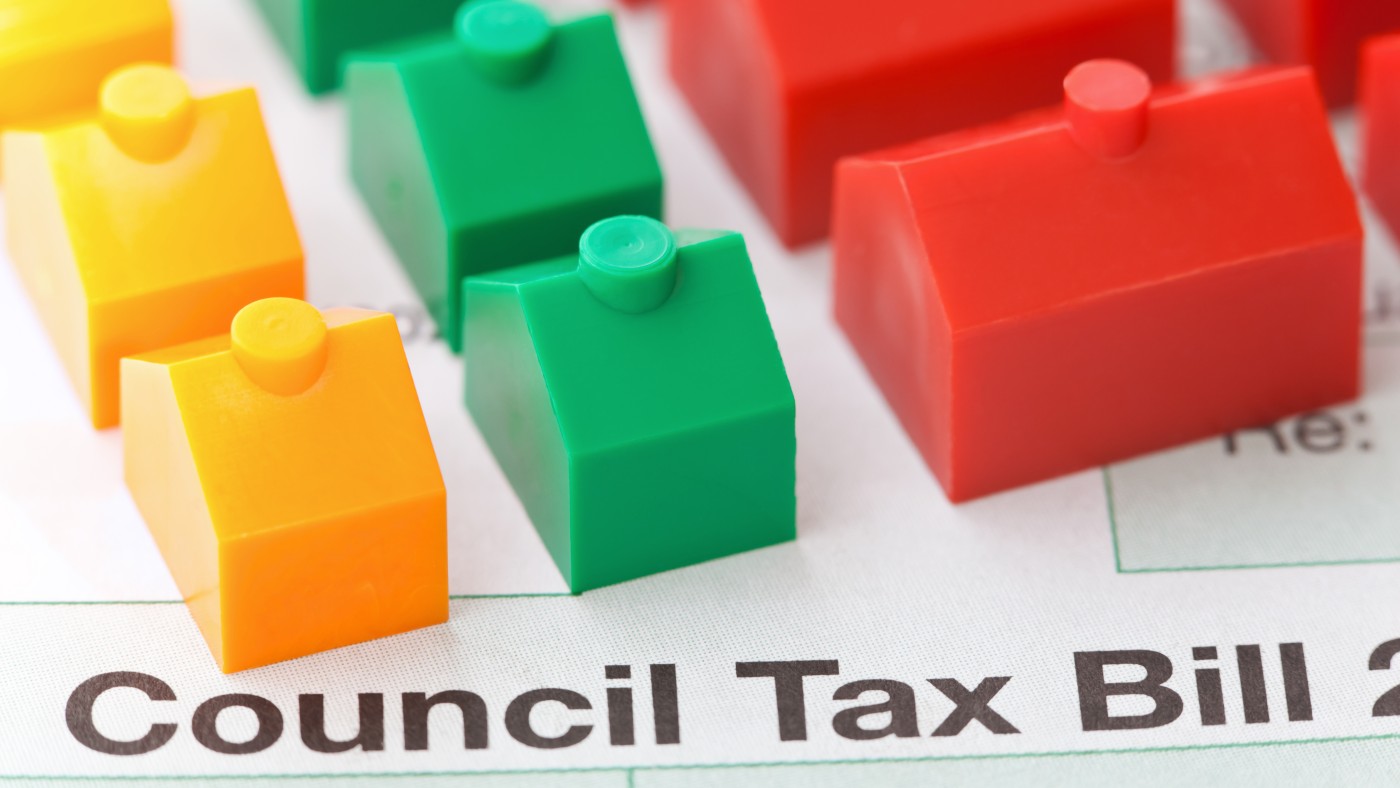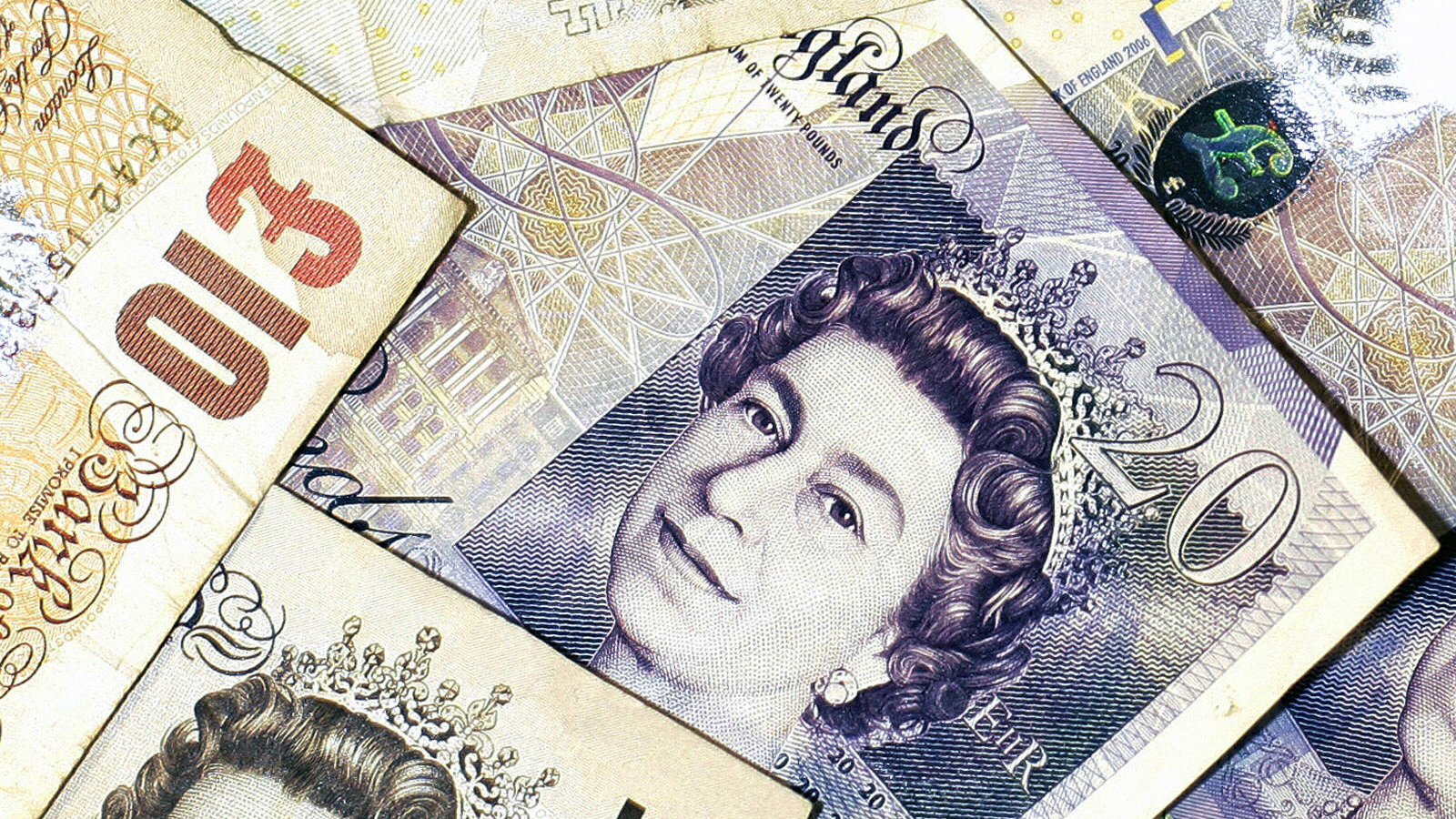How much could council tax bills increase?
Local authorities could sanction 'ultimate stealth tax' as chancellor seeks to plug black hole in public finances

A free daily email with the biggest news stories of the day – and the best features from TheWeek.com
You are now subscribed
Your newsletter sign-up was successful
Households are facing more council tax increases and the worst-hit areas could end up paying £500 more by 2028/29.
It comes after Chancellor Rachel Reeves confirmed in her Spending Review that local authorities can increase council tax by a maximum of up to 5% over the next three years.
It is the "ultimate stealth tax", Elliot Keck, head of campaigns at the TaxPayers' Alliance (TPA), told The Telegraph.
The Week
Escape your echo chamber. Get the facts behind the news, plus analysis from multiple perspectives.

Sign up for The Week's Free Newsletters
From our morning news briefing to a weekly Good News Newsletter, get the best of The Week delivered directly to your inbox.
From our morning news briefing to a weekly Good News Newsletter, get the best of The Week delivered directly to your inbox.
Reeves is under pressure to balance the books and "plug a £40 billion black hole" in the economy, said This Is Money.
What is council tax?
Council tax is an annual fee paid by households to their local council to help fund services including "rubbish collection and libraries", said MoneyHelper. Residents typically pay the tax in 10 monthly instalments from April, "followed by two months of not making any payments". A government consultation is examining whether instalments could be spread over 12 months instead.
How much residents are charged is based on the open market value of a property at a "specific point in time", Which? explained. In England, council tax bills are based on what the property would have been worth on 1 April 1991, with properties put into one of eight valuation bands, ranging from band A for up to £40,000 to band H for more than £320,000.
Council tax bands are "calculated differently" in Scotland, Wales and Northern Ireland.
A free daily email with the biggest news stories of the day – and the best features from TheWeek.com
Local authorities are allowed to increase council tax bills by 3% for core services, and by a further 2% for social care responsibilities. Councils in financial trouble can also seek central government approval or hold a local referendum to raise bills further.
How much could council tax bills increase by?
The TPA estimates that council tax bills in some parts of the UK could rise by as much as £500 and suggests there will be 28 areas where bills will be more than £3,000 in 2029/30, said MoneyWeek.
Gateshead, in Tyne and Wear, "tops the list" for the "largest likely" increase, with typical bills for council tax band D properties expected to be £567 higher in 2028/29.
The "highest tax bills" could be in Rutland, East Midlands, where they are expected to rise from the current rate of £2,671 to £3,221 by 2029/2030, according to the TPA.
How to find your council tax band
You can check your council tax band using the government website.
However, "hundreds of thousands" of homes across England and Scotland are believed to be in the wrong council tax band, said MoneySavingExpert, due to "flawed old valuations".
When the new council tax system was launched back in 1991, "time was short, and the job large", so estate agents "and others" were recruited to help with valuations. But many valuers were still too rushed to gather "detailed information" and instead assessed properties during drive-bys, when they "mostly never even stopped their cars, never mind got out of them".
Although the Welsh government has since reassessed all homes there, the old valuations still stand in England and Scotland, "which is why you could be paying more than your neighbour even though you live in exactly the same size property".
Should council tax be reformed?
Reeves is facing calls to replace council tax with a land value tax. Such a scheme "is much fairer" and could "actually raise a significant amount of money", Professor Stephen Millard, deputy director of the National Institute of Economic and Social Research, told the BBC Radio 4's "Today".
Wholesale reform is "unlikely", said This Is Money, but Reeves could consider
introducing higher bands or a "minimum average council tax band", driving up costs in areas with lower bills.
An overhaul of the council tax system such as a "fresh assessment of property prices" would be "highly controversial", said The i Paper, as it could lower bills for some but "others would be hit with a tax increase". This could explain why "governments of all complexions have shied away from reform of the system".
How to reduce your council tax bill
You can challenge your council tax bill if you think you are in the wrong band, "but be aware that the review might lead to your council putting your property in a higher band", warned MoneyHelper. Nearby properties could also be impacted.
However, "many types of people" are eligible for council tax discounts, said Which?, including full-time students "who usually pay no council tax at all", and people living alone in a property, who get a 25% discount.
People on low incomes or "certain benefits" such as Universal Credit may also get "extra discounts or their bill wiped altogether", said The Sun. The paper advised anyone struggling to pay their bills to apply to their council for a "discretionary reduction".
Marc Shoffman is an NCTJ-qualified award-winning freelance journalist, specialising in business, property and personal finance. He has a BA in multimedia journalism from Bournemouth University and a master’s in financial journalism from City University, London. His career began at FT Business trade publication Financial Adviser, during the 2008 banking crash. In 2013, he moved to MailOnline’s personal finance section This is Money, where he covered topics ranging from mortgages and pensions to investments and even a bit of Bitcoin. Since going freelance in 2016, his work has appeared in MoneyWeek, The Times, The Mail on Sunday and on the i news site.
-
 Local elections 2026: where are they and who is expected to win?
Local elections 2026: where are they and who is expected to win?The Explainer Labour is braced for heavy losses and U-turn on postponing some council elections hasn’t helped the party’s prospects
-
 6 of the world’s most accessible destinations
6 of the world’s most accessible destinationsThe Week Recommends Experience all of Berlin, Singapore and Sydney
-
 How the FCC’s ‘equal time’ rule works
How the FCC’s ‘equal time’ rule worksIn the Spotlight The law is at the heart of the Colbert-CBS conflict
-
 Council tax hikes: everything you need to know
Council tax hikes: everything you need to knowfeature Where is council tax on the rise, and how can you pay less?
-
 How you can lower your council tax bill
How you can lower your council tax billIn Depth Average household in England facing £75.60 hike in rates from April